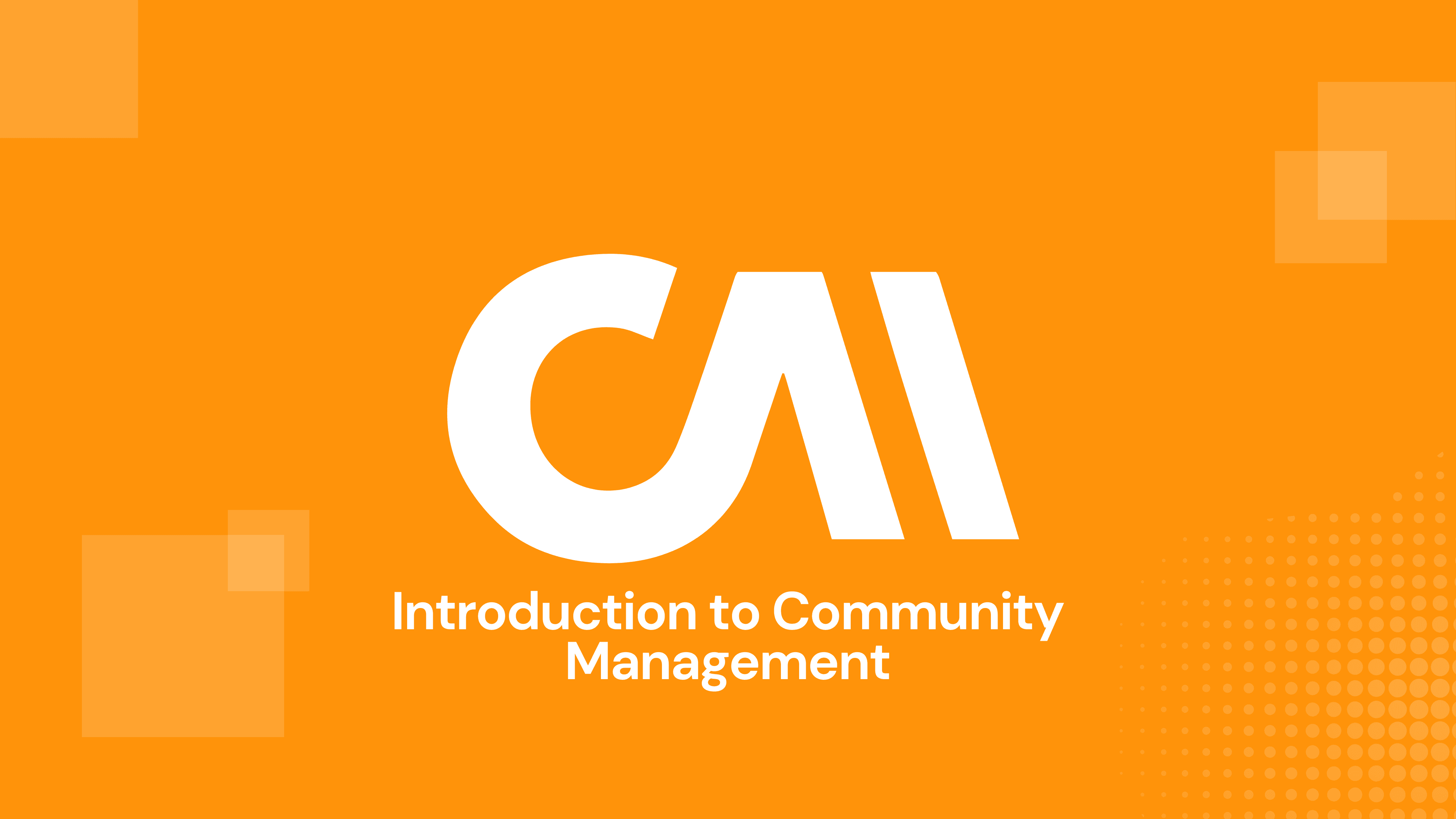
Defining Community Management
Community management refers to the practice of building and nurturing communities within a specific environment, whether it be online or offline. It involves fostering relationships, facilitating communication, and creating a sense of belonging among community members. Community managers play a crucial role in creating and maintaining a positive and engaging community experience for its members.
The Role of a Community Manager
A community manager serves as the key point of contact between the organization and its community members. Their primary responsibility is to ensure the community’s needs are met, foster engagement, and facilitate discussions. This involves monitoring conversations, answering queries, and providing assistance when needed. Additionally, community managers act as the voice of the organization, conveying updates, announcements, and feedback from the community members to the organization’s decision-makers.
Key Skills and Competencies of a Community Manager
Being a successful community manager requires a blend of skills and competencies. Some of the essential ones include:
1. Communication Skills
Community managers must possess exceptional communication skills. They need to convey information clearly and effectively to community members, ensuring that messages are understood and appreciated. Active listening is also vital to understand the needs and concerns of the community.
2. Relationship Building
Developing strong relationships within the community is crucial for community managers. By fostering connections among community members, a sense of trust and collaboration can be established, leading to a thriving community.
3. Problem-Solving Abilities
Community managers frequently encounter challenges and conflicts within their communities. They must be adept at identifying and addressing issues promptly, finding solutions that satisfy all parties involved.
4. Knowledge and Expertise
Community managers should have a thorough understanding of the subject matter or the industry their community revolves around. Having domain knowledge helps them provide relevant and accurate information to community members and maintain their credibility.
5. Adaptability and Flexibility
The role of a community manager is dynamic and ever-evolving. They must be adaptable, open to change, and comfortable with navigating uncertain situations. Flexibility enables them to meet the evolving needs of the community.
6. Analytical Skills
Analytical skills help community managers assess and interpret data and metrics to gain insights into community engagement, sentiment, and growth. This information empowers them to make data-driven decisions and optimize community management strategies.
Strategies for Community Management
To effectively manage a community, community managers can employ various strategies that enhance engagement and promote a positive environment. Some strategies include:
1. Establishing Community Guidelines
Setting clear expectations and guidelines for behavior within the community helps maintain a respectful and safe environment for all members. Community managers should work with community members to collaboratively develop these guidelines.
2. Encouraging Active Participation
Community managers play a vital role in stimulating engagement by initiating discussions, asking questions, and encouraging members to share their opinions. They can create opportunities for valuable contributions by organizing events, contests, or exclusive content that incentivizes participation.
3. Moderation and Conflict Resolution
Moderation is essential to ensure discussions remain respectful and productive. Community managers need to monitor conversations, moderate content, and address any conflicts or violations of guidelines promptly and diplomatically.
4. Providing Valuable Resources and Information
Community managers can curate and share resources, articles, and updates relevant to the community’s interests. This helps foster continuous learning and keeps community members informed and engaged.
5. Recognizing and Appreciating Community Members
Recognizing and appreciating the contributions of community members is crucial for maintaining member motivation and satisfaction. Community managers can highlight outstanding members, organize virtual or physical events to celebrate milestones, or simply acknowledge and thank members for their meaningful participation.
Measuring Community Success
Tracking community success is essential to understand the impact of community management efforts and make data-driven decisions. Some key metrics to measure community success include:
1. Community Engagement
Engagement metrics, such as the number of comments, likes, and shares, provide insight into the level of member participation. Monitoring this data helps community managers identify trends or patterns in engagement and adjust strategies accordingly.
2. Community Growth
Community growth metrics, including the number of new members, growth rate, and retention rate, indicate the community’s overall health and appeal. By monitoring growth metrics, community managers can assess the effectiveness of their community management efforts.
3. Sentiment Analysis
Analyzing community sentiment through sentiment analysis tools or manual review of feedback can help community managers gauge the overall satisfaction and happiness of community members. This data can be used to identify areas for improvement and implement necessary changes.
4. Conversion and Impact
For communities that serve as extensions of organizations or businesses, measuring conversion and impact metrics such as leads generated, sales, or user feedback can provide valuable insights into the community’s contribution to organizational goals.